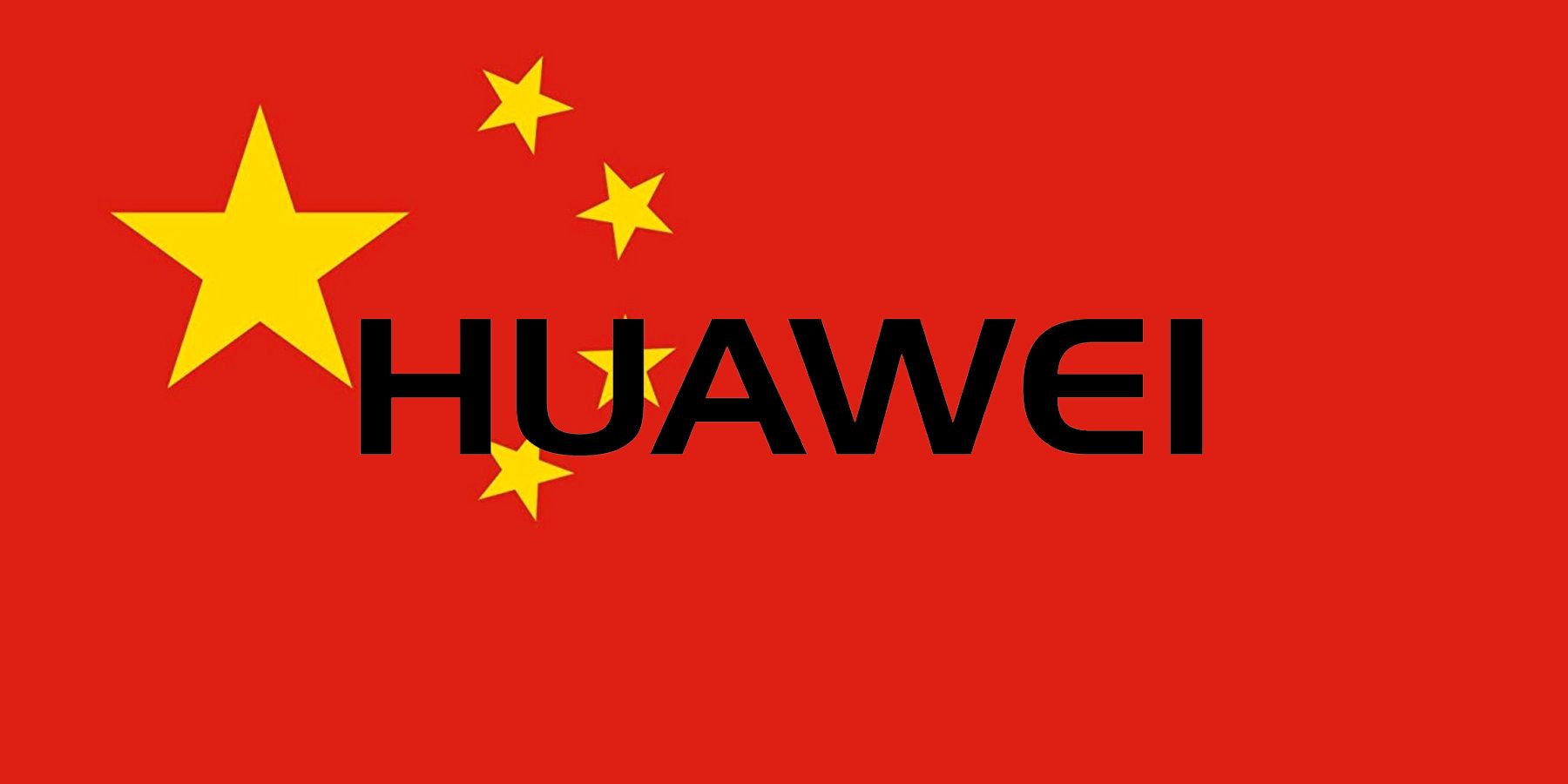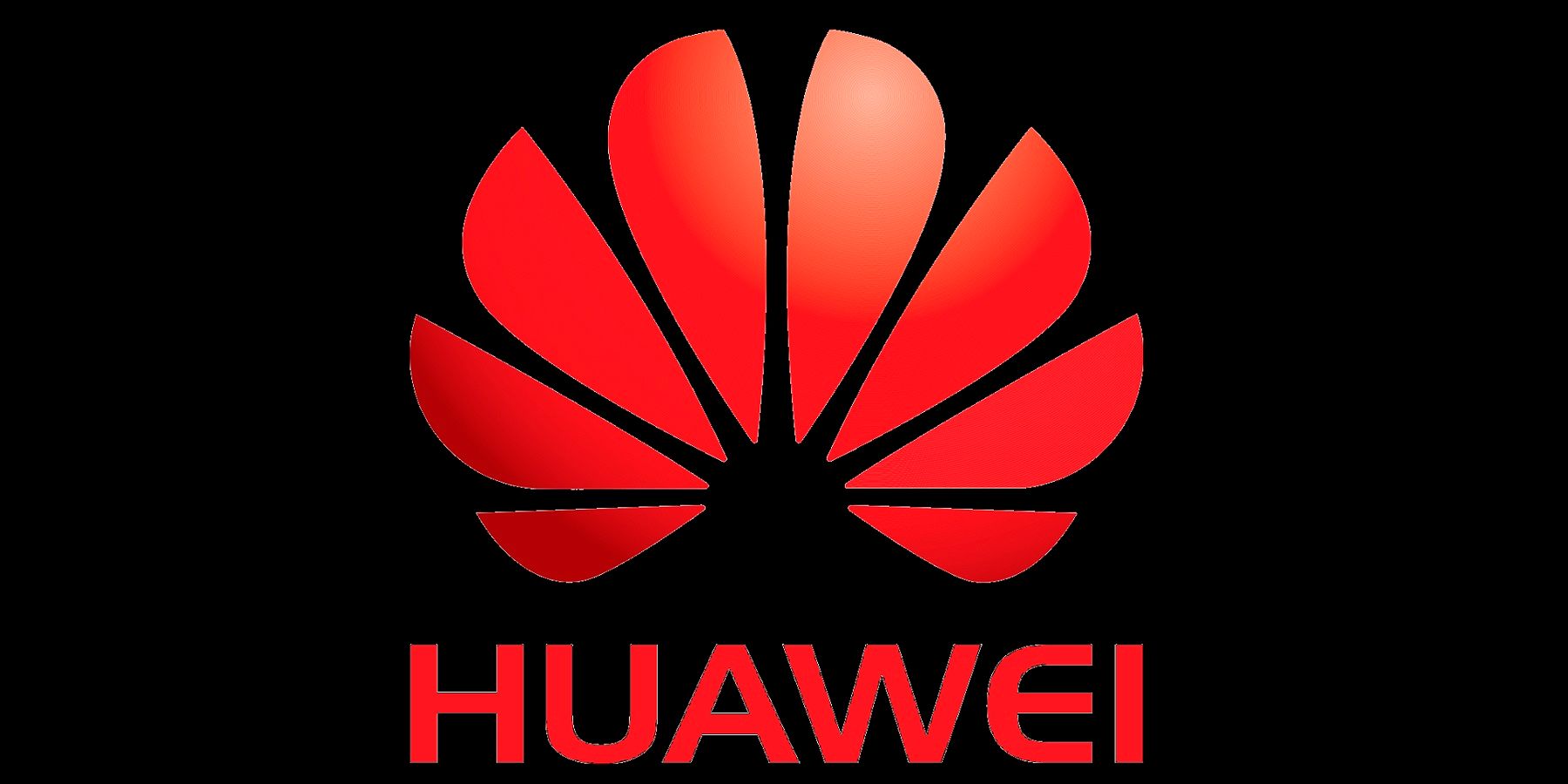Huawei recently lashed out at a report suggesting its rise to the top was on the back of Chinese government funding and subsidies. This is the latest in a long list of altercations between the Chinese telecom firm and foreign entities, including the Trump administration.
Huawei is a powerful force in the world of telecoms considering its position in various subsections of the market. With the dawn of 5G, Huawei’s power and influence was only expected to intensify before all of its political troubles began. But with great power comes great responsibility, and recently the U.S. government has tried to bring Huawei to account for what it says is a threat to U.S. national security. Huawei has been accused of many things over the last year by the U.S., and almost all of the accusations come back to Huawei’s ties to the Chinese government. While Huawei has continually tried to distance itself from its Chinese origins, a recent report by the WSJ declared China’s rise to the top was a result of financial assistance from the China government. Claiming Huawei was the recipient of almost $75 billion in state support, the report further emphasized the close connections between the Chinese company and the powers that be in China.
Almost immediately following the report, Huawei publicly came out in its own defense by not only reiterating its placement as a private company, but also by directly attacking the WSJ, including suggesting that there were ulterior motives for publishing the article. Huawei accused the WSJ of publishing false information and drawing “wild accusations” based on “poor reasoning.” Technically, Huawei appeared to be less concerned about shutting down the suggestions it had received money from the government, instead highlighting that its treatment by the government was no different to any other company operating in China, including overseas companies who move to China. The main takeaway of Huawei’s defense was any funding it received, others received, and there was no “special treatment.” In addition, Huawei appeared to take insult at the suggestion that its growth would simply be the result of a cash injection, regardless of the financial source. Instead, Huawei explains its prominence is more the result of decades of employee commitment, customer service and its heavy investment in research and development.
Huawei Goes On The Offensive, Again
Huawei has routinely gone on the offensive each time it has been attacked to the point where it seems like this has become its default reaction. While some might presume that to be a sign of guilt, Huawei has been the subject of intense scrutiny by the U.S. government and the media ever since the accusations were first made. The accusations have also affected its international expansion including in the U.S., where it is currently under a government-issued tech blacklist.
In spite of all of this, and highlighting Huawei’s true power in the market, the company has not quite suffered in the way others might have under the same conditions and scrutiny. For example, the most recent figures from Gartner indicated more than 65 million Huawei smartphones were shipped between July and September of 2019. To put this number into perspective, Huawei sold roughly 25 million more smartphones than Apple did during the same quarter.
Source: Huawei


